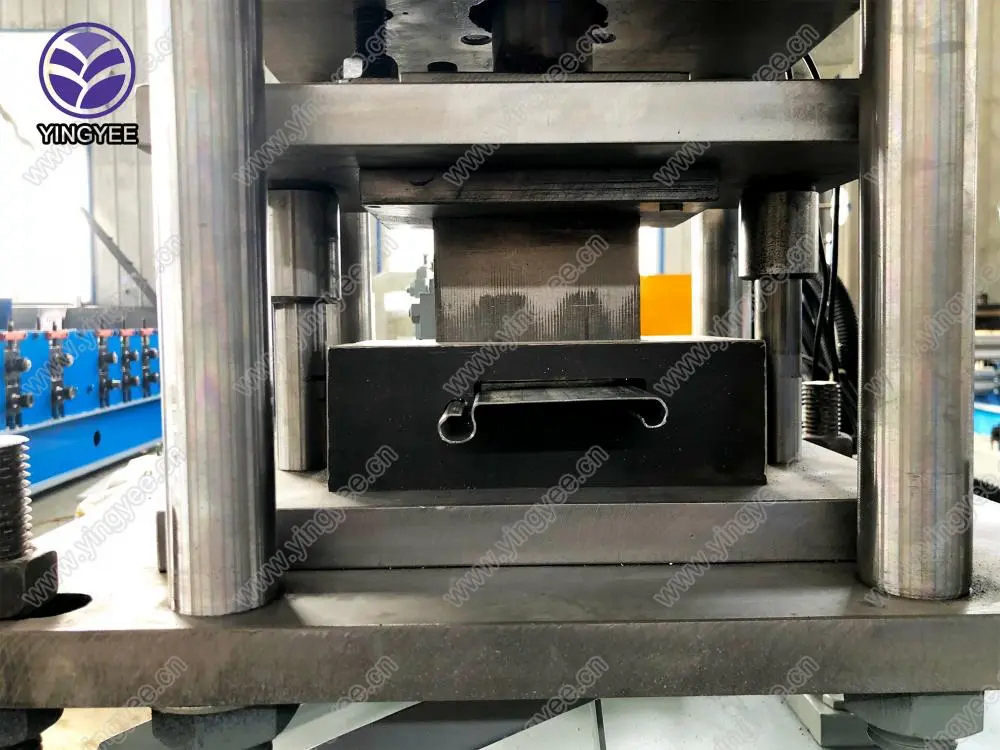
The Evolution and Impact of Deck Machines in Modern Industries
In the ever-evolving landscape of modern manufacturing and construction, deck machines have emerged as indispensable tools that enhance efficiency, precision, and safety. These machines are designed to perform a variety of tasks related to the fabrication, assembly, and maintenance of deck structures, which are crucial components in various industries, including shipbuilding, aerospace, and civil engineering.
Deck machines encompass a wide range of equipment. Among the most common are deck cranes, deck winches, and hydraulic lifting platforms. Each of these machines serves a specific function, making them vital in the handling and positioning of large materials and components. For instance, deck cranes are essential in shipping yards and construction sites, where they facilitate the movement of heavy loads from one location to another. Their ability to manipulate cargo safely and efficiently has transformed operational workflows, reducing the time and labor required for such tasks.
In shipbuilding, deck machines are particularly important
. Modern vessels are increasingly complex, requiring precise assembly and integration of various structural elements. Deck machines equipped with advanced technology, such as computer numerical control (CNC), allow for high levels of accuracy in constructing deck components. This precision minimizes material waste and ensures that every part fits perfectly, ultimately enhancing the safety and performance of the completed vessel.
Moreover, the integration of automation and robotics into deck machinery has further revolutionized the industry. Automated deck systems not only increase productivity but also help in mitigating the risks associated with manual labor. By taking over repetitive and hazardous tasks, such systems protect workers from injuries while simultaneously enhancing the speed and consistency of operations. For instance, robotic arms can handle dangerous materials or perform intricate assembly tasks, allowing human operators to focus on more complex decision-making processes.
The environmental impact of deck machines cannot be overlooked either. With the growing emphasis on sustainability, many manufacturers are investing in eco-friendly equipment that reduces energy consumption and minimizes waste. Innovations such as electric-powered deck machines and systems designed for recycling materials are paving the way for greener practices in industries traditionally associated with heavy resource use.
In conclusion, deck machines play a crucial role in advancing modern industry. Their capacity to improve efficiency, enhance safety, and support sustainable practices underscores their significance in various sectors. As technology continues to evolve, we can anticipate even more sophisticated deck solutions that will further transform how we approach manufacturing and construction, ultimately shaping the future of these industries. The ongoing development and refinement of deck machines are a testament to the dynamic nature of engineering and technology, paving the way for new possibilities in the industrial landscape.